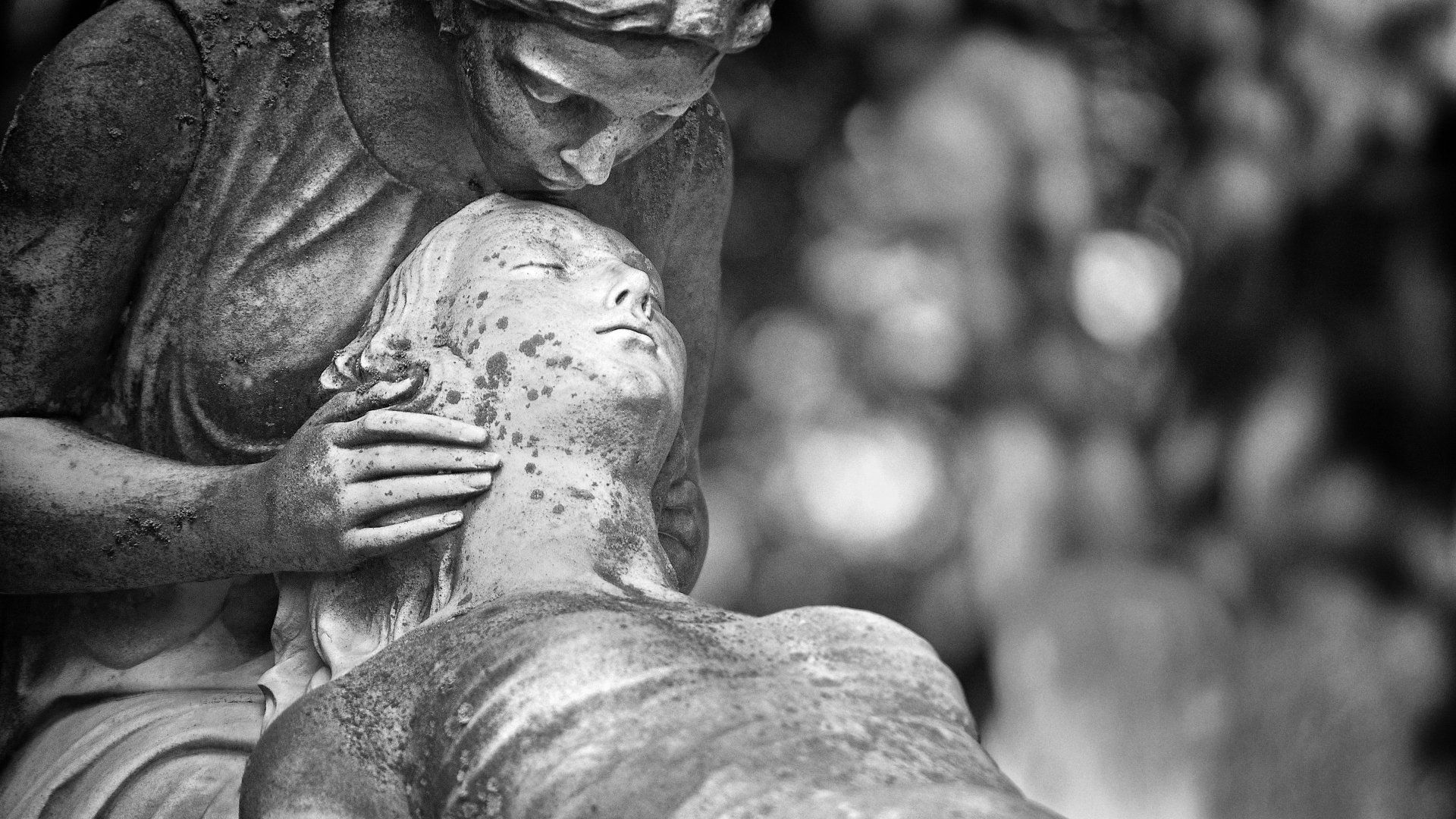Death As the Undiscovered Country
In Act 3, Scene 1 of Shakespeare’s Hamlet, the character Hamlet refers to death as “the undiscovered country from whose bourn no traveler returns.” I am not familiar with reputed claims of people returning from a brief, medically-declared death and reporting white light and so on. I have Hamlet’s view that what happens after true death is not known by any living human being.

I turned 84 recently, which is beyond the life expectancy of 80.7 years in my home state of Hawaii. My family is long-lived, I am in good health, and I have no expectation of passing away very soon. Nevertheless, at my age I suppose it is normal to be at least thinking about death, as I have been doing.
In hundreds of dharma talks that I have heard from Zen teachers, I have never heard anything about what happens after death. Zen stresses finding spiritual fulfillment in this life, and it seems to agree with Hamlet that what happens after death is unknown.
Assuming my own death is not sudden in some way, I see that it will be my last conscious living act. I don’t expect initially to feel agreeable about it. Even Suzuki Roshi, on his death bed, is reputed to have said, “I don’t want to die.”[1] Neither would I expect to go through the five stages of grief described by Elizabeth Kubler-Ross in On Death and Dying. She says that not everyone goes through these stages anyway [2], and the stages seem to be the personal self lamenting its demise. Zazen practitioners have a good chance of avoiding these stages, as the practice of zazen gradually relegates personal self to just background chatter in one’s life.
For myself, I would hope, upon dying, after an initial objection, to have an adventuresome attitude about the process. I will be heading into Hamlet’s “undiscovered country.” Don’t expect a report.
Footnotes
- Suzuki Roshi’s words can be found in Kim Allen’s www.uncontrived.org/thank-you-for-your-great-effort.html, and in David Chadwick’s Crooked Cucumber, New York, 1999, p. 393.
- A summary of these stages can be found at www.psycom.net/stages-of-grief.